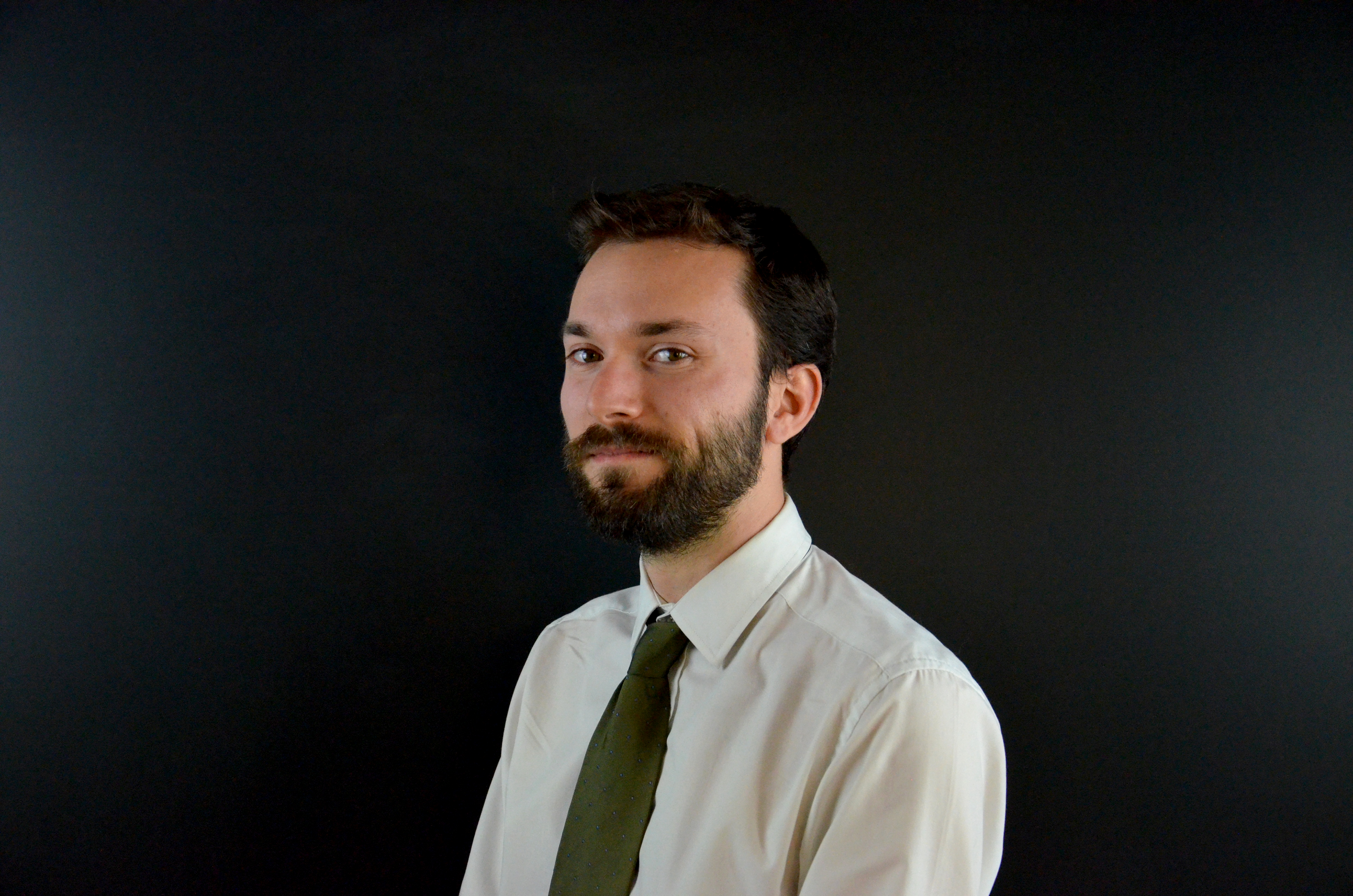Research
Working papers
Non-linear Corporate Income Tax: Learning, Intensive and Extensive Margins
This paper provides new evidence on how firms learn corporate tax reforms and how the latter affects both business creation and firm splitting. I exploit a reform in France that replaced the pre-reform linear corporate tax with a progressive bracketed system. Drawing on rich tax administrative data and a unique feature of them, I find that firms, on average, took 4 years to understand the tax reform. The year of the reform, the fraction of firms making mistakes on their tax amount increased by 40pp. This mislearning implied an overpayment to the tax administration of 5,5% of firms’ taxable income on average, which can reach more than 8% for small firms. Larger and more profitable firms learn faster as well as more financially literate business owners. When responses have stabilized, I rely on the bunching at the discontinuity to estimate an elasticity of reported taxable income of 0.4. Furthermore, I rely on the discontinuity of the reform and on a two-way fixed effects estimation to measure the extent of both business creation and firm splitting through incorporation. I find both a large response of business creation and a high sensitivity of incorporation. My findings highlight the delay in behavioral responses due to learning, the difference between the real and reported taxable income elasticity and the importance of extensive margins in the welfare effect of tax reforms.
Paper presented at: UC Berkeley Public Finance Seminar (Berkeley, 2025), Center for Business Taxation Doctoral Conference (Oxford, 2025), UC Santa Barbara Brown Bag Seminar (Santa Barbara, 2025), University of Utah Lunch Seminar (Salt Lake City, 2025), EEA (Bordeaux, 2025), PSE Applied Economics Seminar (Paris, 2024), CESifo Public Economics Area Conference (Munich, 2024), ZEW Public Finance Conference (Mannheim 2024), The 80th Annual Congress of the International Institute of Public Finance (Prague, 2024)Charitable Giving, Tax Design, and Tax Consent, with G. Fack, B. Garbinti, J. Goupille-Lebret
This paper examines how the design of tax incentives shapes charitable giving and how non-monetary motives influence such responses. We exploit the French institutional context, where a wealth tax has existed for decades, and study three reforms: one that introduced a wealth tax credit for charitable donations and two that altered taxpayers’ eligibility for the wealth tax. Our analysis relies on comprehensive French administrative panel data linking the universe of income tax returns with the universe of wealth tax returns, containing detailed information on income, wealth, taxation, and charitable contributions. We document substantial heterogeneity in giving behavior across the tax schedule and develop a conceptual framework to interpret this heterogeneity. Exploiting variation from the reforms, we identify the mechanisms driving behavioral responses. We find strong attachment to charitable giving: despite the availability of lower marginal gift prices, many wealth taxpayers deliberately continue to give at higher marginal prices. We also provide evidence of differential tax aversion depending on the tax base. Finally, using the most recent reform, we estimate a tax-price elasticity of total charitable giving of –0.51 among wealth taxpayers.
Selected work in progress
- Taxing Digital Addiction
- Optimal Corporate Taxation with Welfare Weights
Non-academic Publications & Papers
- En 2020, la chute de la consommation a alimenté l’épargne, faisant progresser notamment les hauts patrimoines financiers : quelques résultats de l’exploitation de données bancaires, with Odran Bonnet and Tom Olivia, Note de conjoncture, 2021 (available in english here).
- Prédire l’activité économique à partir d’articles de presse, with Stéphanie Himpens and Guillaume Arion, Journées de Méthodologie Statistique de l’INSEE, 2022.
- Éclairage - L’activité économique française au travers d’articles de presse, Note de conjoncture, 2021 (available in english here).
- Innover dans l’administration avec l’IA et la Data Science, Datadrink from Etalab, with Christine Fong and Ruben Partouche, 2021
